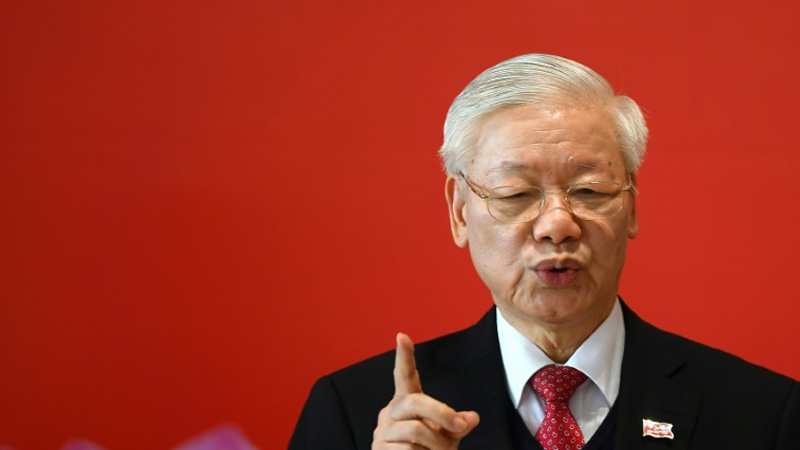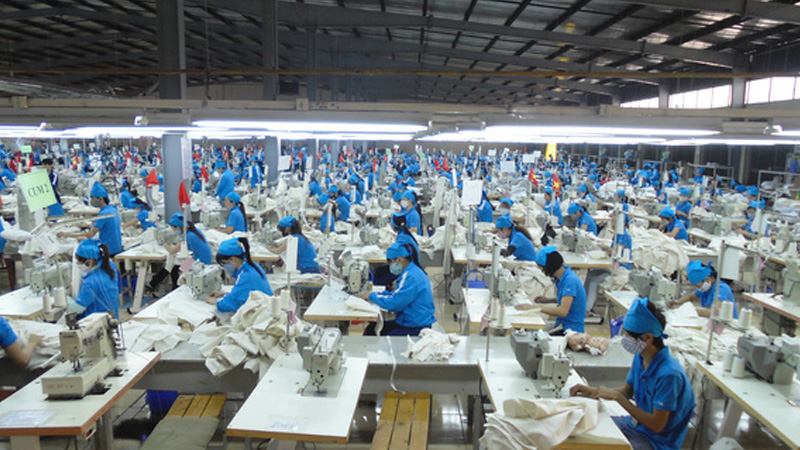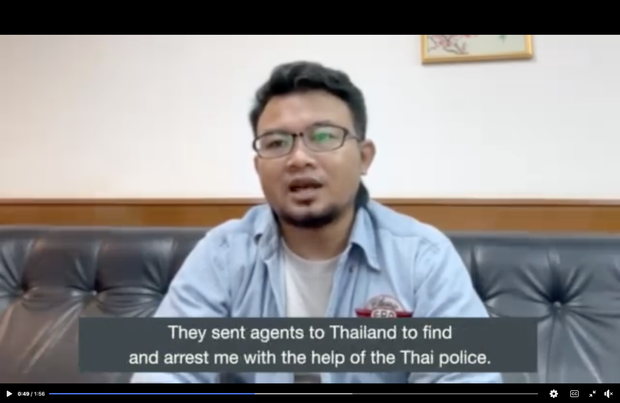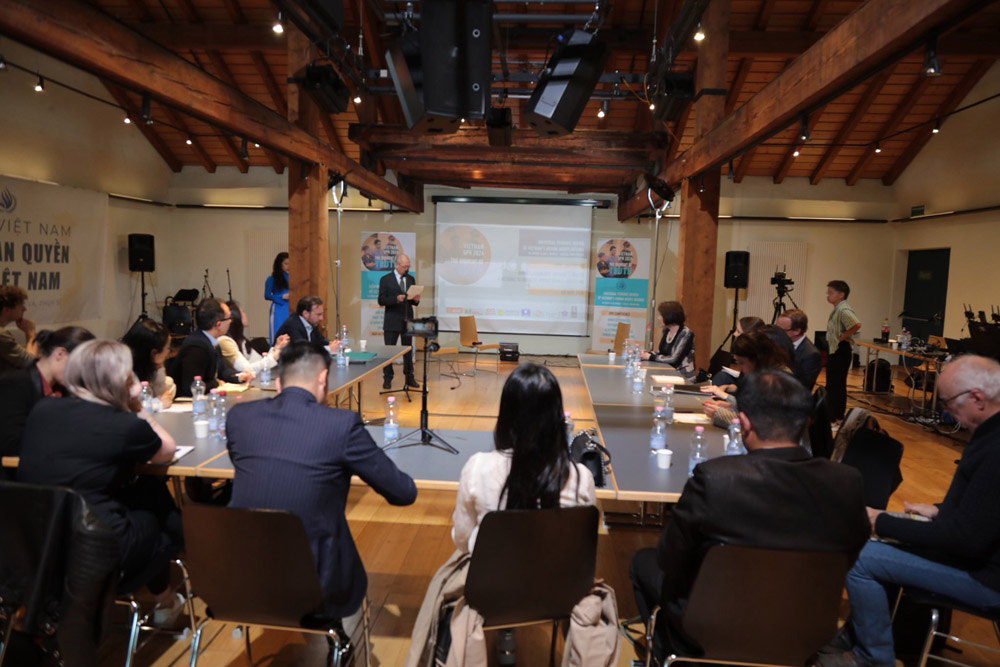April 11, 2012
Internet giants like Google and Facebook may have to cooperate with government censors
Google, Facebook, and other Internet companies may be required to censor their content in Vietnam, an overseas group said Wednesday based on draft regulations that have been released.
If adopted, the draft decree, released Friday by the Ministry of Information and Communications, would require foreign businesses to cooperate with Vietnamese authorities in removing information from their sites.
The new rules, which will be considered for approval in June, would have “grave implications” for the country’s netizens and Internet companies, the U.S.-based Viet Tan Reform Party, which pushes for reforms and monitors rights issues in Vietnam, said in a statement Wednesday.
Vietnam’s 30 million Internet users could be affected by the rules, which are the latest in “a pattern of sweeping Internet restrictions that are difficult to implement in practice, and harm both technology providers as well as end users,” Viet Tan said.
“Like many government directives in Vietnam, the language in this document is vague and ill-defined, leading to multiple interpretations and possible arbitrary implementation by authorities,” Viet Tan said.
Vietnam at present imposes some technical restrictions on access to foreign websites, such as Facebook, which continues to be popular in the one-party communist state.
Google and Facebook, which have millions of users each in Vietnam, would be among the biggest companies affected, and would be required to establish representative offices in Vietnam, the official Thanh Hien News reported.
Under the rules, foreign companies that provide “online social networking platforms” in Vietnam must “make pledges in writing” to follow local censorship laws and remove information, including those that “is against the Vietnamese government, damage[s] social and national security [or] promote[s] violence,” the newspaper said.
Foreign companies may also have to house data centers in Vietnam, according to Viet Tan, in a move that would force them to obey domestic rules.
Not housing data centers in the country, as foreign businesses operating in Vietnam have done so far, has “allowed companies such as Yahoo, Google, Microsoft, and Facebook to avoid complying with Hanoi government censors,” Viet Tan said.
Real names
The new rules also address individual Internet users, who will be required to use their real names online.
Internet companies will be compelled to help the government enforce restrictions like these on individual users, according to Viet Tan.
If users cannot use fake names or post information anonymously, the rules will “effectively prohibit all forms of anonymous blogging and discussion,” posing consequences for the country’s citizen journalists, Viet Tan said.
Bloggers are restricted from engaging in any “prohibited online activities” and will be held personally liable for all the published content on their blogs.
In recent years, Vietnam, which the France-based media watchdog Reporters Without Borders has listed as an “Enemy of the Internet,” has detained over a dozen bloggers and journalists on charges including “subversion.”
The new rules further stipulate that news websites must be approved by authorities and adhere to existing local press law, or else risk being shut down, and website administrators must report instances of prohibited online activity to authorities.
Source: Reported by Rachel Vandenbrink for Radio Free Asia





